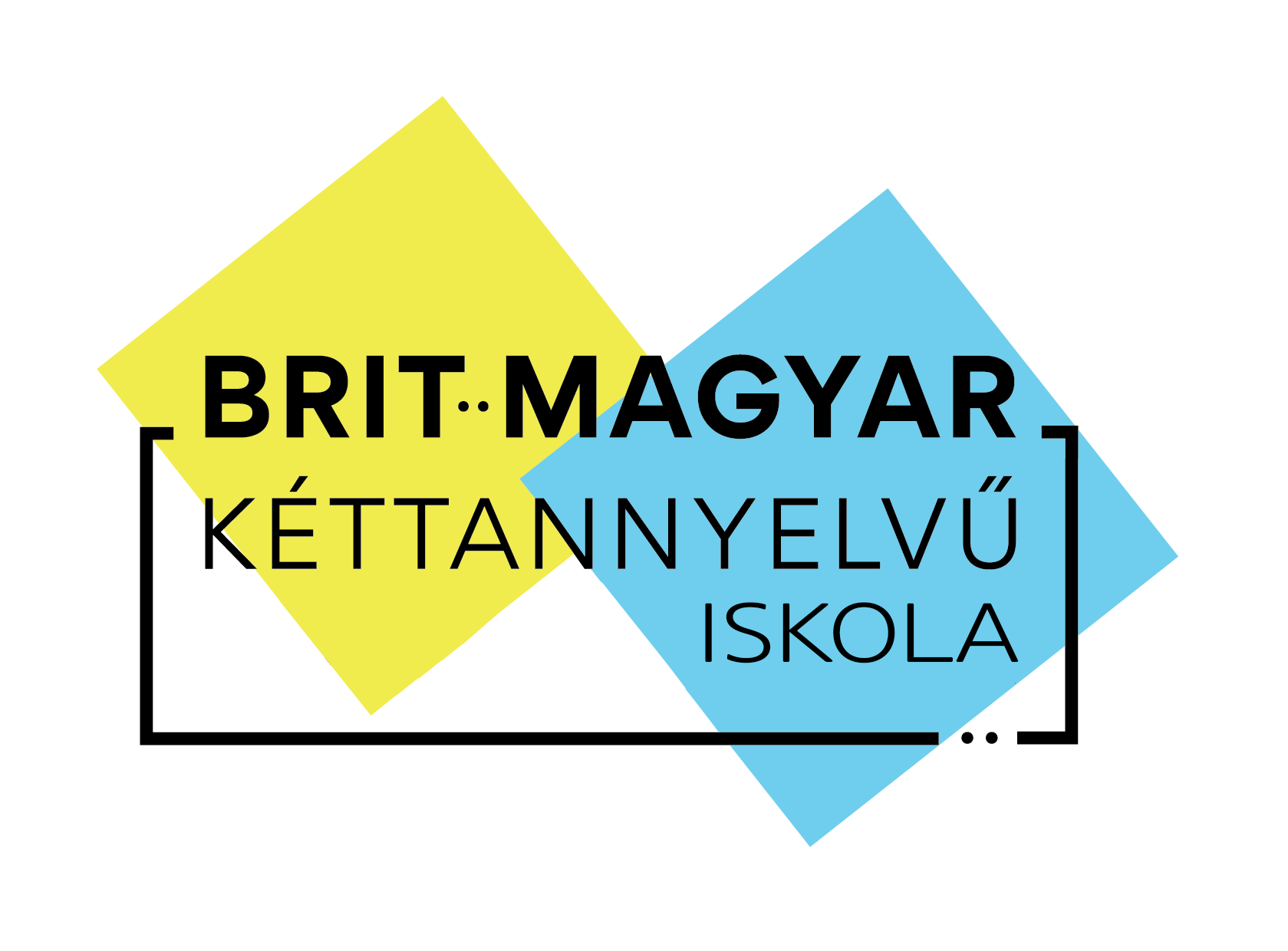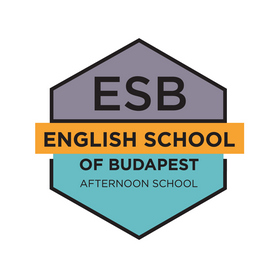Focused attention and rapid perception are shown by studies as the two main traits for children who have been schooled in a bilingual environment. Will multilingual kids really be able to react faster and be smarter? That’s what we investigated!
Bilingualism – a gift for life
In addition to the obvious practical benefit of greater communication opportunities for multilingual children, there are a number of less obvious benefits of multilingualism. Recent research suggests that a bilingual child also gains advantages over his or her peers growing up in a monolingual environment with skills such as focused attention and quick perception.
Comparative research involving multilingual and monolingual children shows that the central executive functions of bilinguals are more advanced and effective than those of monolinguals. That is, their attention system is programmed differently. But what does this mean in practice?
Focused attention, incisive decision making
Children who socialize in a multilingual environment, with frequent changes between languages, practice skills that monolinguals do not.
As a result, multilingual children are much more adept at solving certain mental puzzles, for example, they can focus better, they are less distracted, they become more determined decision-makers, they can form individual opinions more easily and they can adapt more flexibly to changed circumstances.
A lifelong benefit
And all of these are skills that are not only necessary for successful schooling and the realization of a successful adult life, but their impact stays with bilinguals until old age. Indeed, studies have also shown that these altered brain functions can also delay symptoms of a decline in brain function in old age.
And all this thanks simply to be bilingual!










